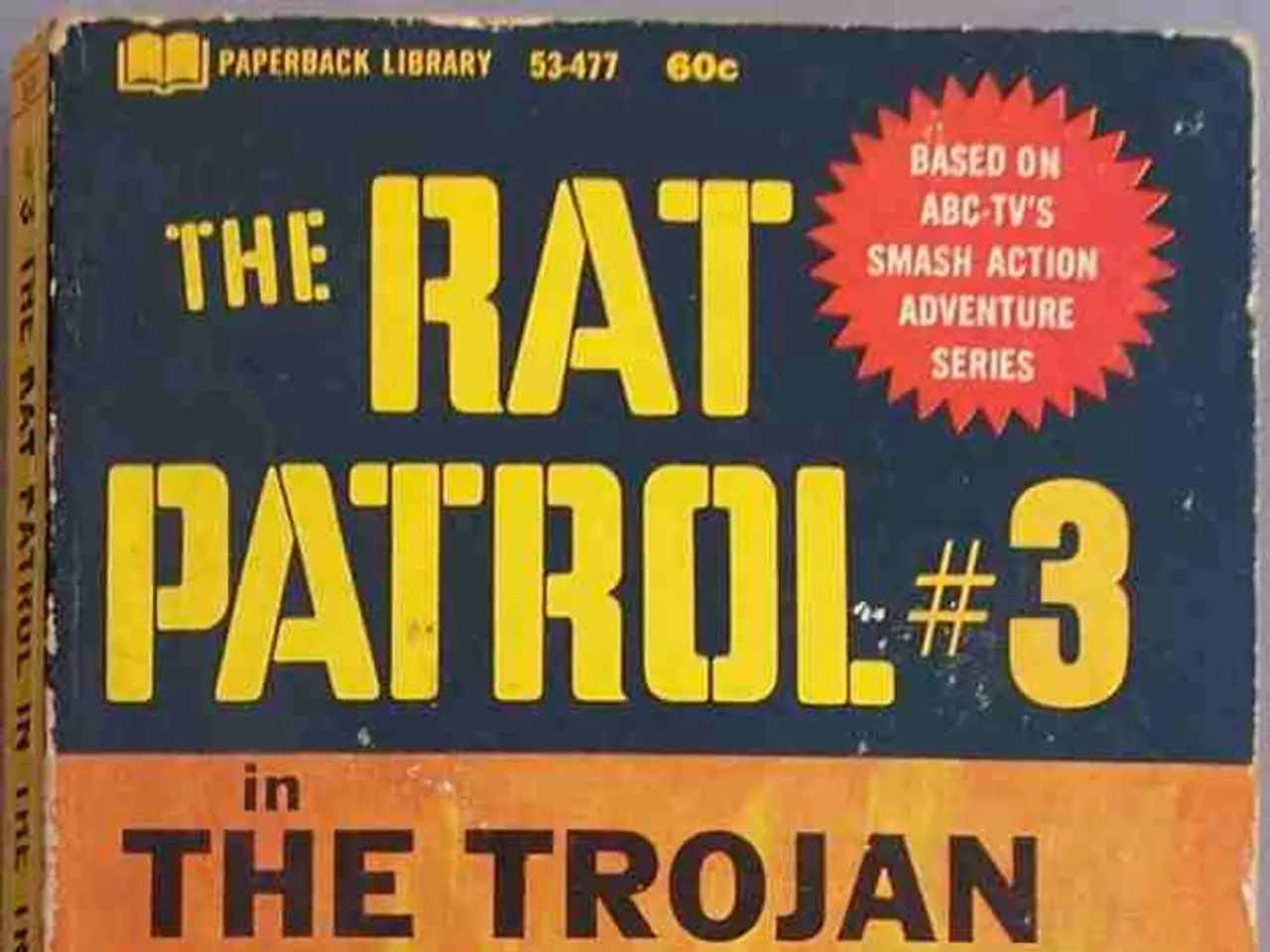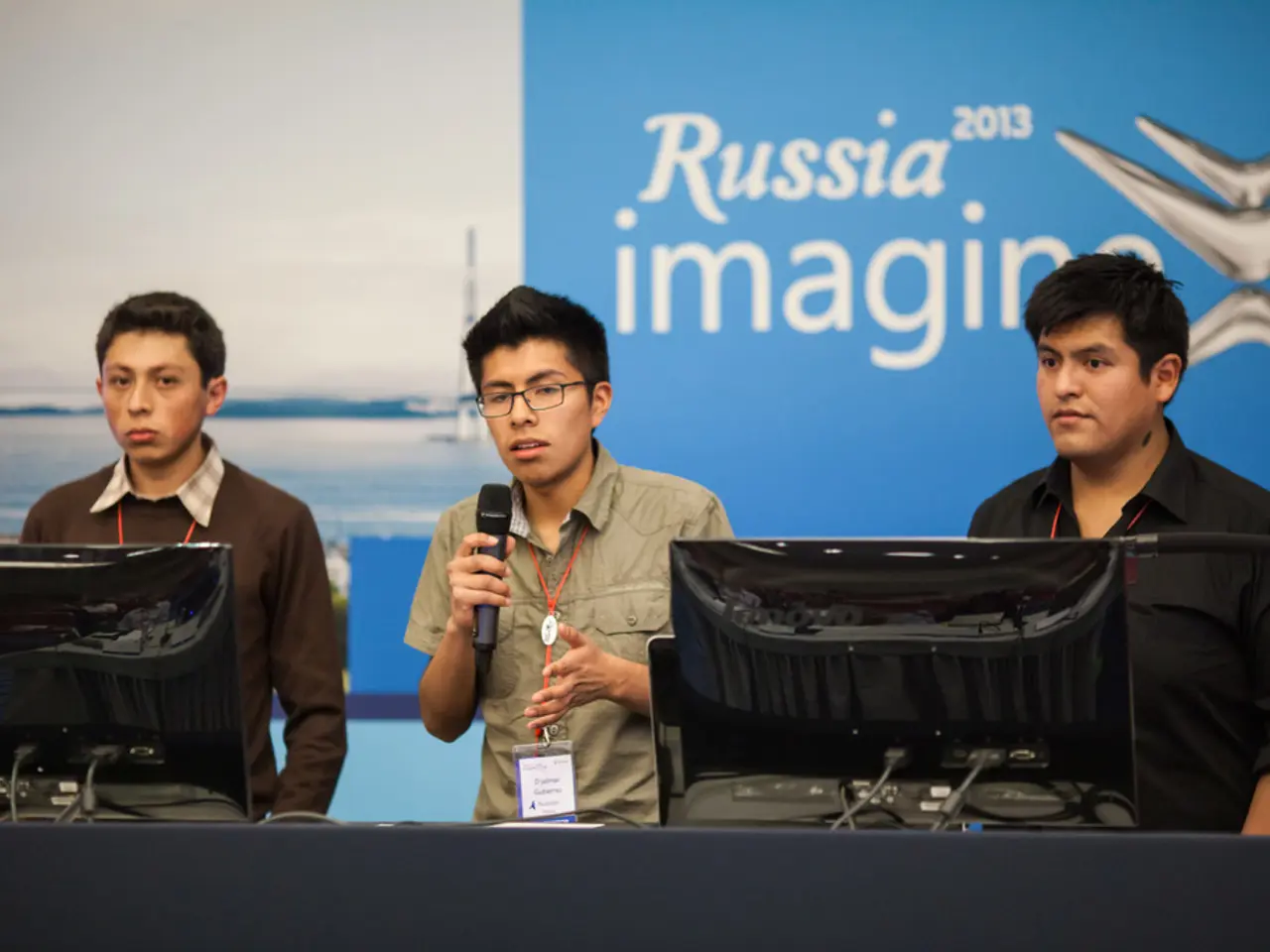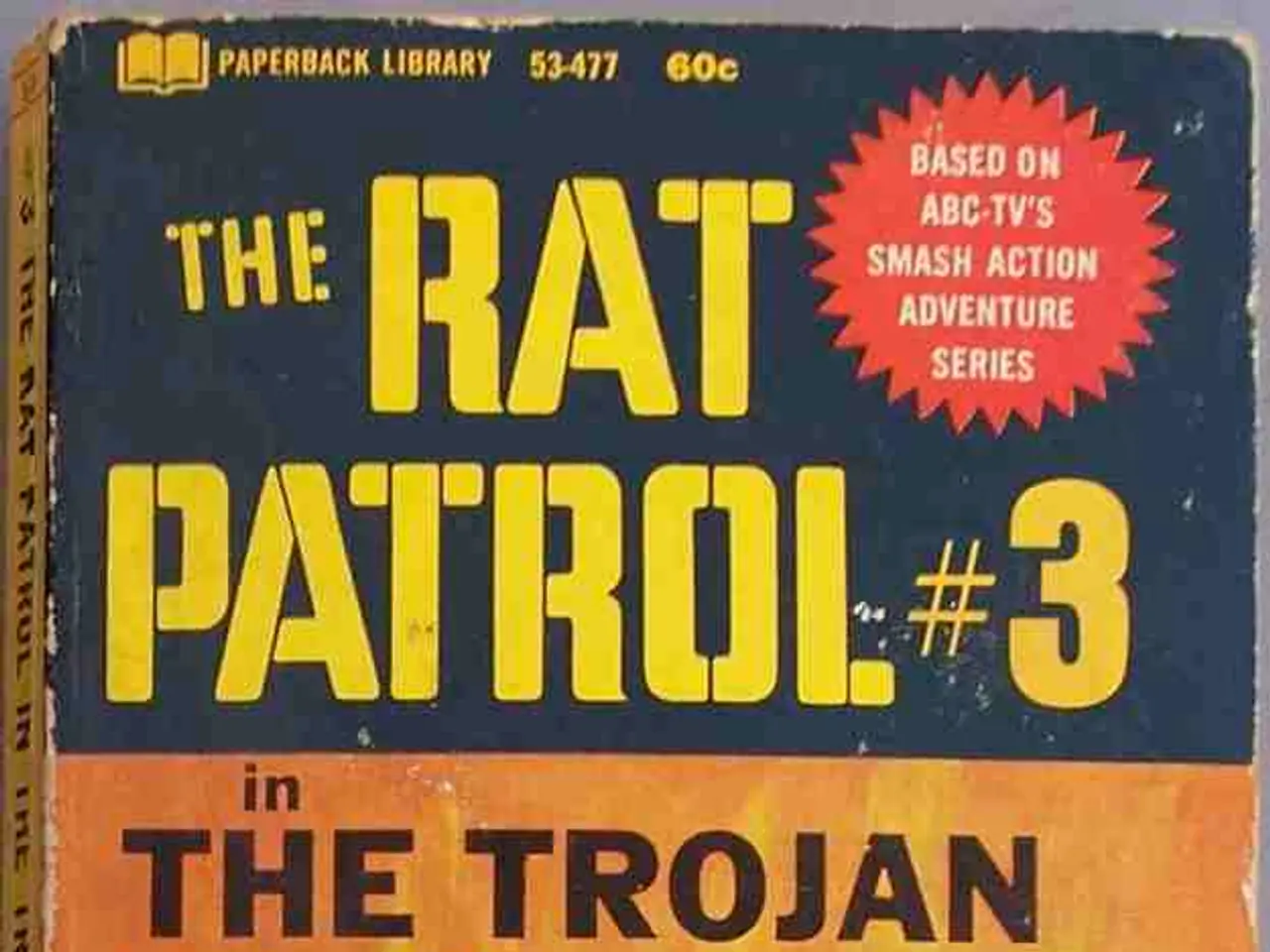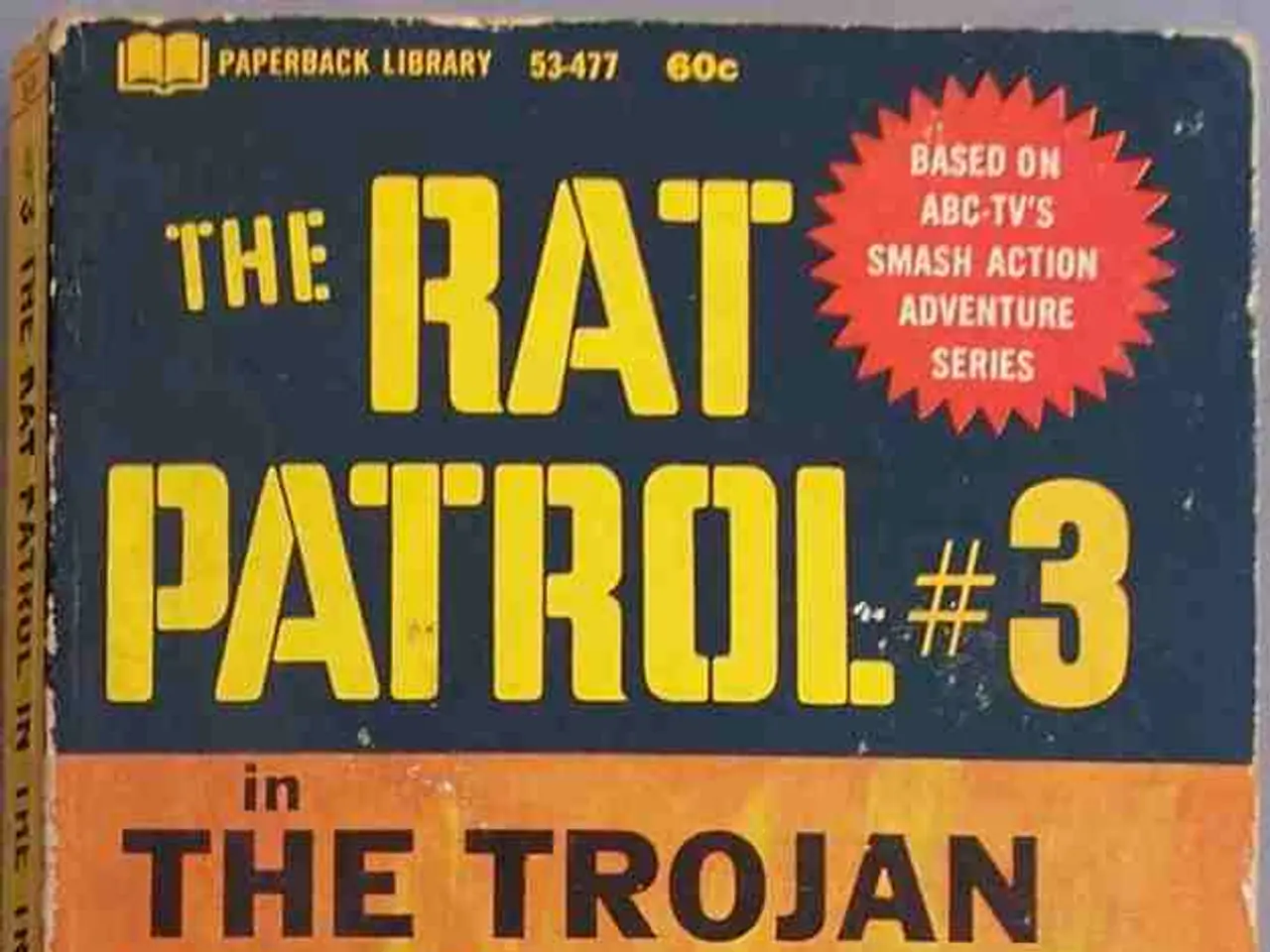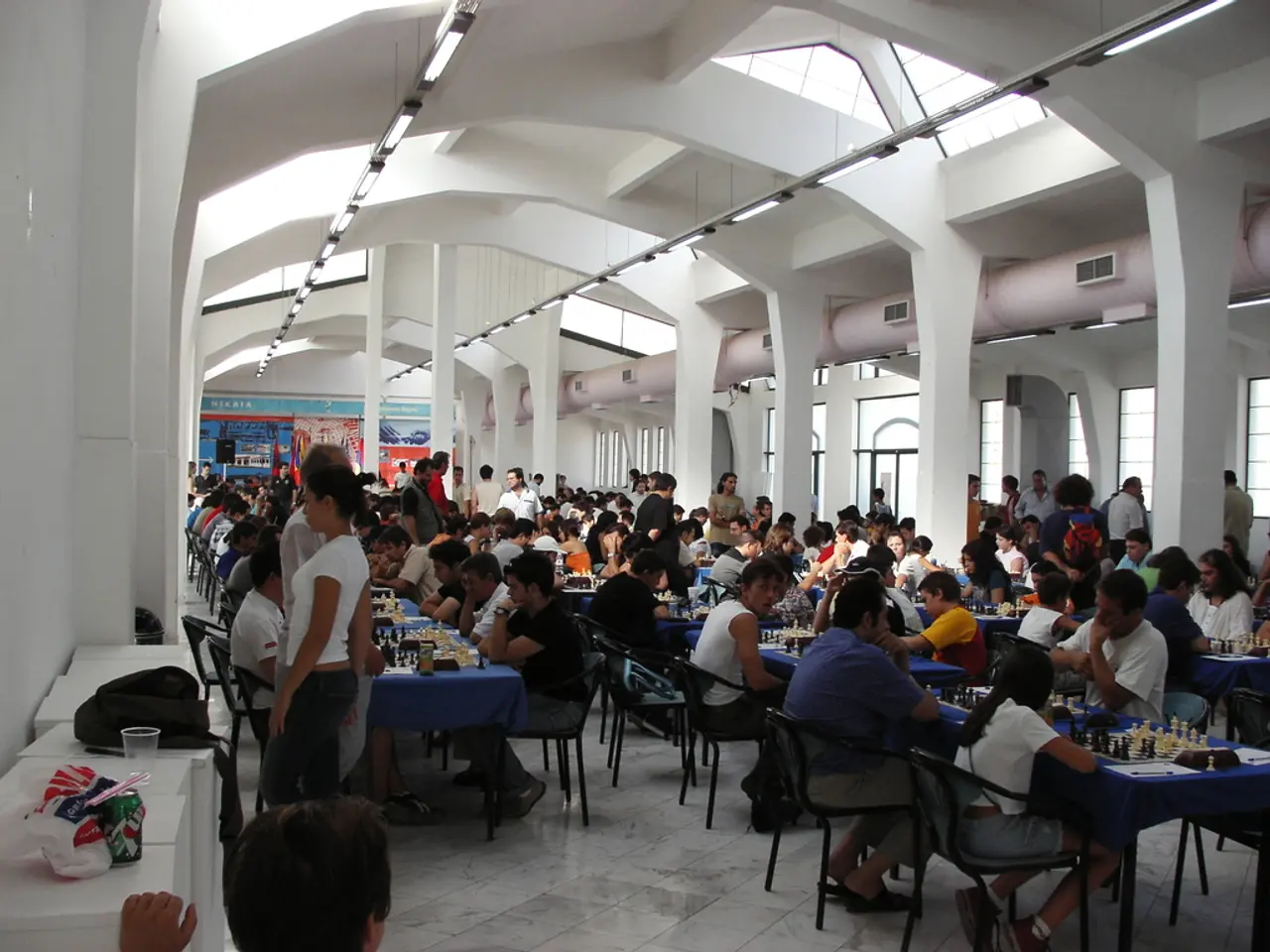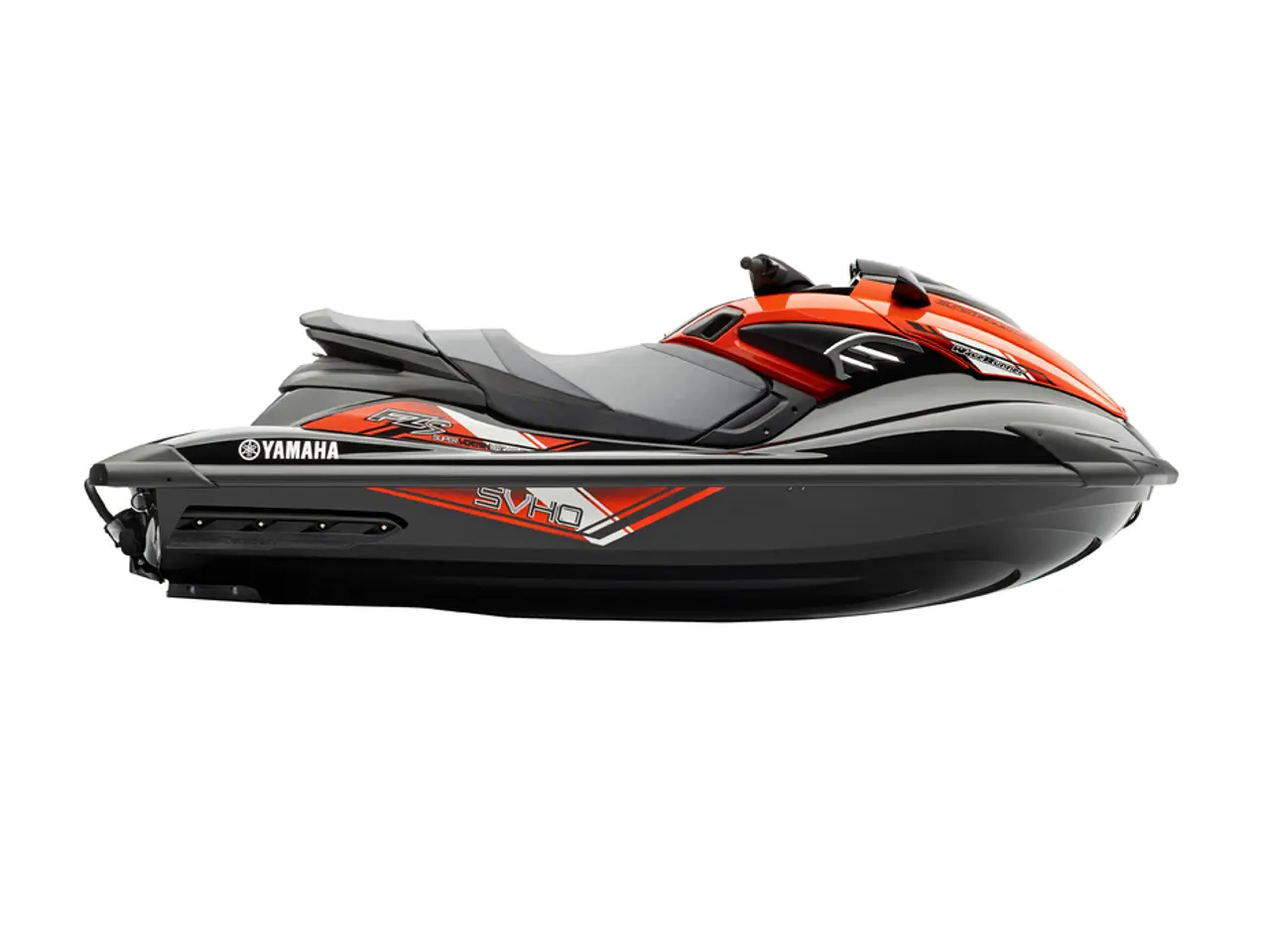Post-Hague Summit: NATO's Rocky Road Ahead
NATO deteriorated according to military analyst Carlo Masala's perspective
The Hague/ Cologne (dpa) - Political scientist and military analyst Carlo Masala paints a bleak picture of the recent NATO summit in The Hague. "This wasn't a summit that leaves one thinking NATO has strengthened," Masala told Deutsche Presse-Agentur in Cologne. The summit failed to address Ukraine's predicament and lacked a clear identification of the Russian threat, effectively taking a step back. Masala fears NATO is currently in a precarious situation.
The five-percent defense spending commitment from NATO countries towards 2035 is primarily a tactic to appease US President Donald Trump. Masala believes, "These five percent aren't born out of European deliberation, but rather, stem from a fear that if they're not met, the USA may withdraw their security assurance." Whether member states will honor this agreement remains to be seen, as Spain and Slovakia openly oppose it, and Italy expresses skepticism.
U.S. reliability in times of an alliance is still questionable. "With Trump, today's promise might be tomorrow's debate," Masala stated. NATO partners resorted to flattery to appease Trump in this context, but Masala advises caution, "It could work or it might not. Who knows?"
Masala severely criticized NATO Secretary-General Mark Rutte, who sent a flattering text message to Trump and then publicly disclosed it. "Rutte's actions, in his press conference with Trump, are beyond embarrassing," Masala said. "While I understand the need to keep the Americans in Europe, Rutte's servility is inappropriate for a NATO Secretary-General."
Looking ahead, there are concerns about the possibility of Russia launching an attack on a NATO country by the end of this decade. "We need a European strategy for how we can replace what the USA has provided thus far," Masala demanded. "Addressing the personnel issue is critical. If voluntary enlistment doesn't work, conscription must be implemented swiftly."
Masala will discuss his book "If Russia Wins. A Scenario" at the Phil.Cologne philosophy festival in Cologne this Saturday.
[1] NATO Enhanced Forward Presence in the Baltics and Eastern Europe, https://www.nato.int/cps/en/natohq/topics_147145.htm
[2] NATO Communication, Summary of the 2025 Hague Summit, https://www.nato.int/cps/en/natohq/opinions_178901.htm
NATO heads post-2025 Hague Summit faced a reinforced commitment to collective defense, targeted support for Ukraine, and strategic efforts to bolster defense capabilities and industry. The summit endorsed the Hague Defense Investment Plan, which aimed to significantly increase NATO's collective defense, drive economic opportunities, and fortify its industrial base[2].
Additionally, NATO reaffirmed its unwavering support for Ukraine, pledging ongoing political and practical aid, with military assistance including air defense systems, tanks, artillery, drones, naval systems, and munitions, intended to endure for the following five to ten years[1][2].
NATO took a stance on its determination to confront present and future security threats from Russia, terrorism, cyberattacks, sabotage, and strategic competition[2].
According to reports, concerns regarding NATO's future revolve around ensuring its adaptability, cohesion, and capacity to deter evolving threats effectively. While Article 5 of the NATO treaty, which guarantees mutual defense, is clear, the specific triggers are purposely not detailed publicly, maintaining strategic ambiguity for deterrence purposes[2]. In summary, NATO post-Hague Summit appears robust and forward-looking, with strengthened defense investments and sustained support for Ukraine, addressing immediate and long-term security challenges. However, the alliance must continually navigate complex geopolitical dynamics and threats to ensure its unity and effectiveness in the years ahead.
- In contrast to the optimistic post-Hague Summit narrative about NATO, political scientist and military analyst Carlo Masala expresses concern about NATO's precarious situation and the five-percent defense spending commitment being more about appeasing US President Donald Trump than European deliberation.
- Despite the enhanced forward presence in the Baltics and Eastern Europe, strengthened defense investments, and unwavering support for Ukraine endorsed at the Hague Summit, Masala asserts the need for a European strategy to replace the US security assurance, citing the possibility of Russia launching an attack on a NATO country by the end of this decade as a major concern.
